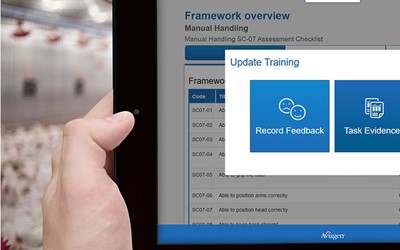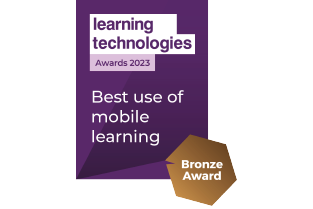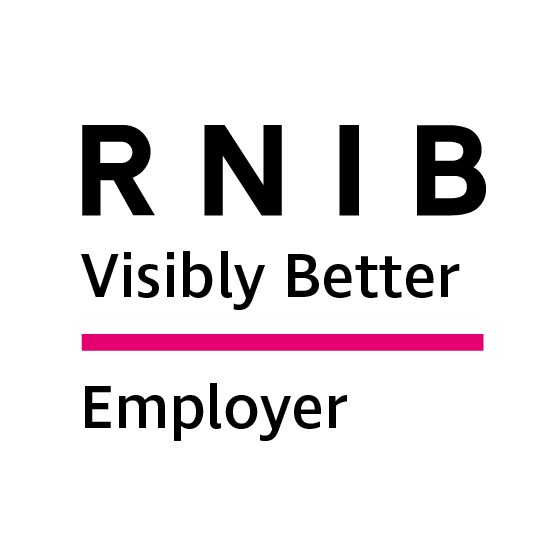Mastering remote & hybrid learning with analytics
If your organisation is among those with a remote and hybrid workforce, adapting your learning strategies to this new model is essential for your success. The challenge involves more than just a change in how you deliver training; it requires a comprehensive strategic overhaul to ensure learning continues to be impactful and engaging, wherever your learners may be.
If you’re wondering ‘Where do I begin?’ the good news is that you’re not alone. In this blog, we’ll look at how to make this work for you, and how learner analytics can help you gauge how well you’re doing.
Posted 22 April 2024
Seamlessly integrating technology
The backbone of any effective remote or hybrid learning strategy is the technology that supports it, and choosing the right platform is crucial to facilitate effective communication, strengthen collaboration, and ensure easy access to the appropriate resources for all your learners, fully taking into account the principles of inclusivity and accessibility.
Getting this right will ensure that your learners remain connected and engaged, with consistent access to the training materials they need.
Appeal of learning analytics
And your choice of platform is also key to getting the learner analytics data you need to tailor learning experiences for your remote and hybrid workers, as well as knowing whether this has been successful.
By looking into data about how your learners engage, what they prefer, and the results they achieve, you can figure out how well your training is working. This understanding lets you tweak things as needed, making sure every learner's journey is tailored to fit their individual needs and goals as well as those of the organisation.
Enhancing learning engagement
Indeed, keeping your learners motivated and engaged is key. This means not only delivering interactive content and providing peer learning opportunities, but also actively seeking out regular qualitative feedback – for example, by using forms built into your LMS to collect learner insights and reactions. When you pair this with the quantitative data from your standard reports, you'll gain a deep understanding of your learners' motivations, challenges, and preferences, and can fine-tune your training materials as necessary for the best outcome.
For example, an organisation might notice course completion rates dropping and, through soliciting and analysing feedback from their learners, discover that their content was too dense. They could then introduce more interactive elements and peer learning opportunities and should see an increase in course completions and a notable boost in learner satisfaction and productivity as a result.
The right digital platform
eCom’s suite of tools and platforms are designed to seamlessly support the delivery of remote and hybrid learning, as well as making the collection, analysis, and application of learner data straightforward, giving you the critical insight you need.
For example, eNetLearn offers real-time insights, enabling you to make smarter decisions that improve your training results. And for eNetEnterprise users, our user-friendly dashboards present your data from various sources in an appealing format. With all your key metrics gathered, you can quickly see valuable insights, letting you immediately enjoy the advantages of using data to guide your training.
These platforms not only facilitate the practical application of the strategies discussed but also offer the flexibility and support necessary to adapt to the evolving needs of you and your learners.
Find out more
Ready to unlock the full potential of your learning data? Contact us today for a demo and see how we can help accelerate your success.
Recent Posts
eCom Learning Solutions: Staying ahead in a constantly evolving landscapeLevel up your event management with eNetLearn
White-labelling: The secret to training learners actually trust
Turning AI into potential gain
Seamless HR Integration: Streamlining workforce enrolment with eCom's eNet Product Suite












